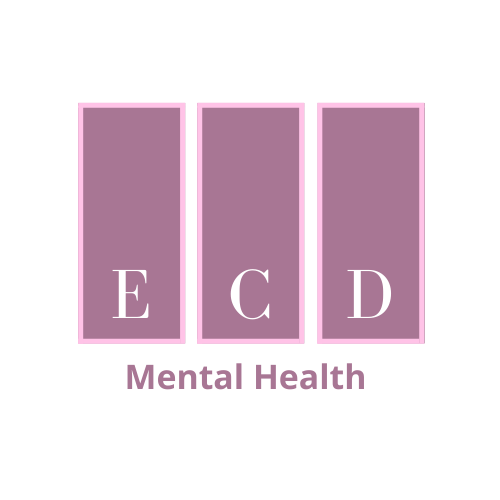What To Ask Your Therapist During Your Consultation?
It is important to find a therapist whom you feel safe and comfortable with. Many offers free 15-minute consultations, which provide an opportunity to ask questions and determine if it is a good fit. Here are a few questions to consider asking:
Do you take my health insurance or do you only accept self-pay?
If the therapist does not accept insurance, consider how much you are willing to pay for therapy. You can also search for a therapist within your insurance network or consider working with a therapist out of network and using a superbill to seek reimbursement from your insurance. Some therapists also offer sliding scales to help with payment.
What is your experience treating my particular situation or issue?
Ask the therapist about their qualifications and whether they have treated anyone with a similar situation or specialize in certain areas, such as trauma, PTSD, depression, or anxiety. You can also describe your goals for therapy and explore if they align with the therapists approach.
What is your therapy approach?
Different therapists have different styles and approaches to therapy. Ask the therapist about their preferred approach and what to expect from a therapy session. Some may assign homework between sessions or suggest trying techniques such as journaling.
Do you offer in-person sessions or telehealth?
Some therapists offer only online therapy sessions via telehealth, while others offer only in-person counseling or a mix of both. Consider what may work best for you based on your schedule and comfort level. You can also discuss confidentiality and how it is ensured in different settings.
How does scheduling work?
Consider asking about appointment scheduling, including the frequency of therapy sessions, policies on cancellations and missed appointments, and the best way to contact the therapist (such as through a portal or email).
Remember, it is okay to ask any additional questions or address any concerns. Don’t be afraid to ask questions and take your time to find a therapist with whom you feel a connection and can work effectively. If the first consultation is not a good fit, don’t get discouraged. It is worth the effort to find a therapist you feel comfortable and safe with.
